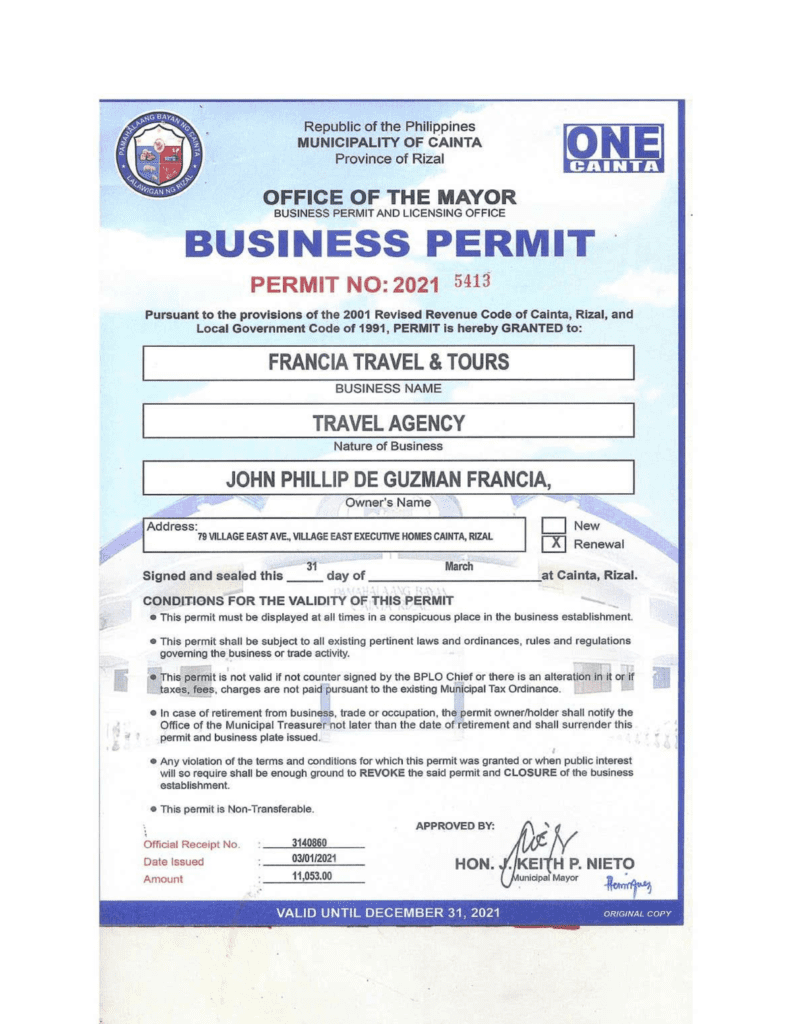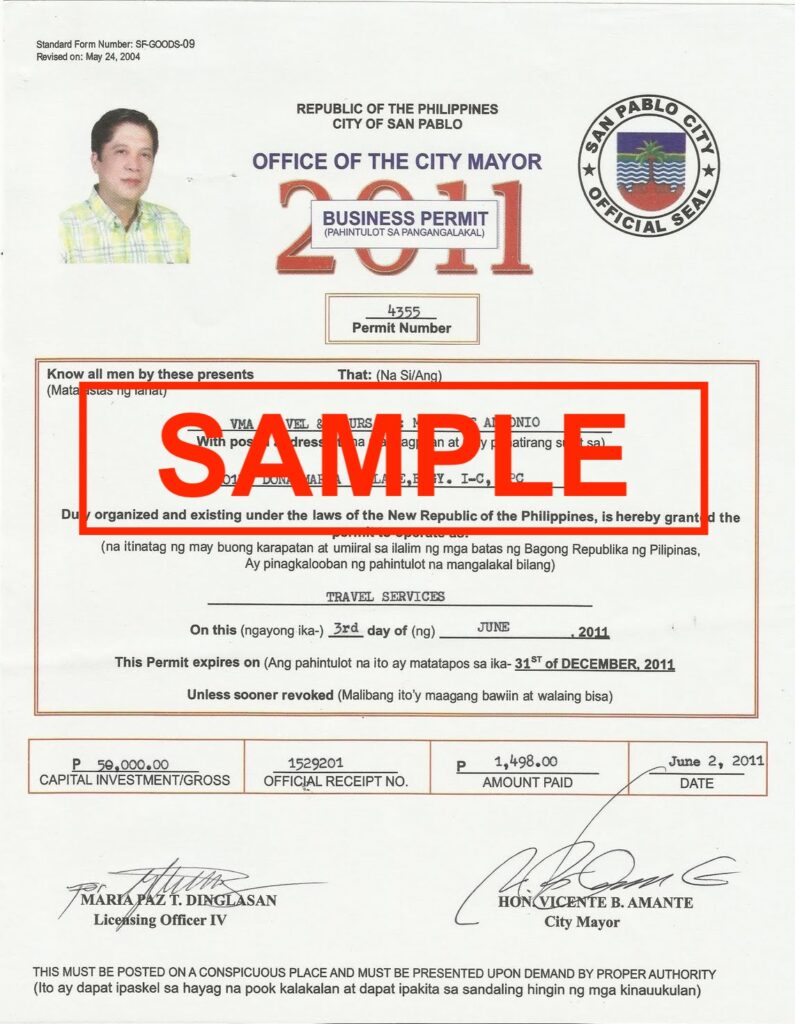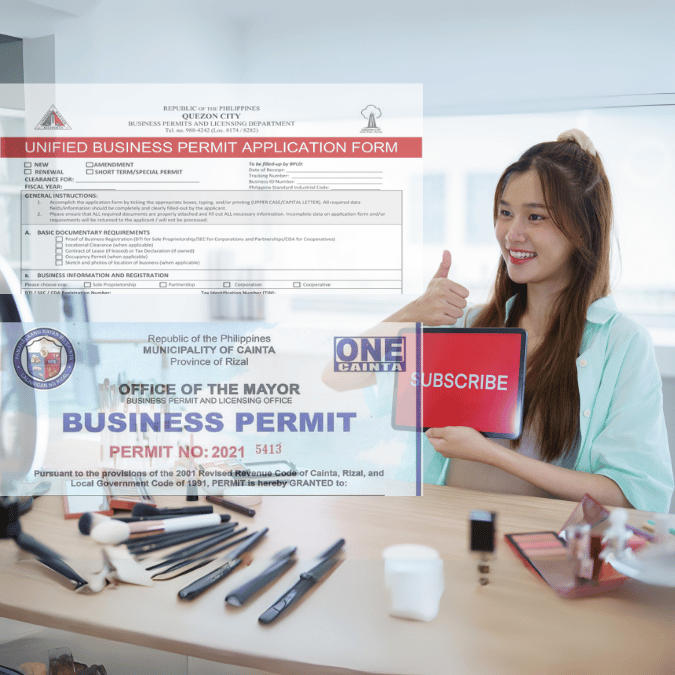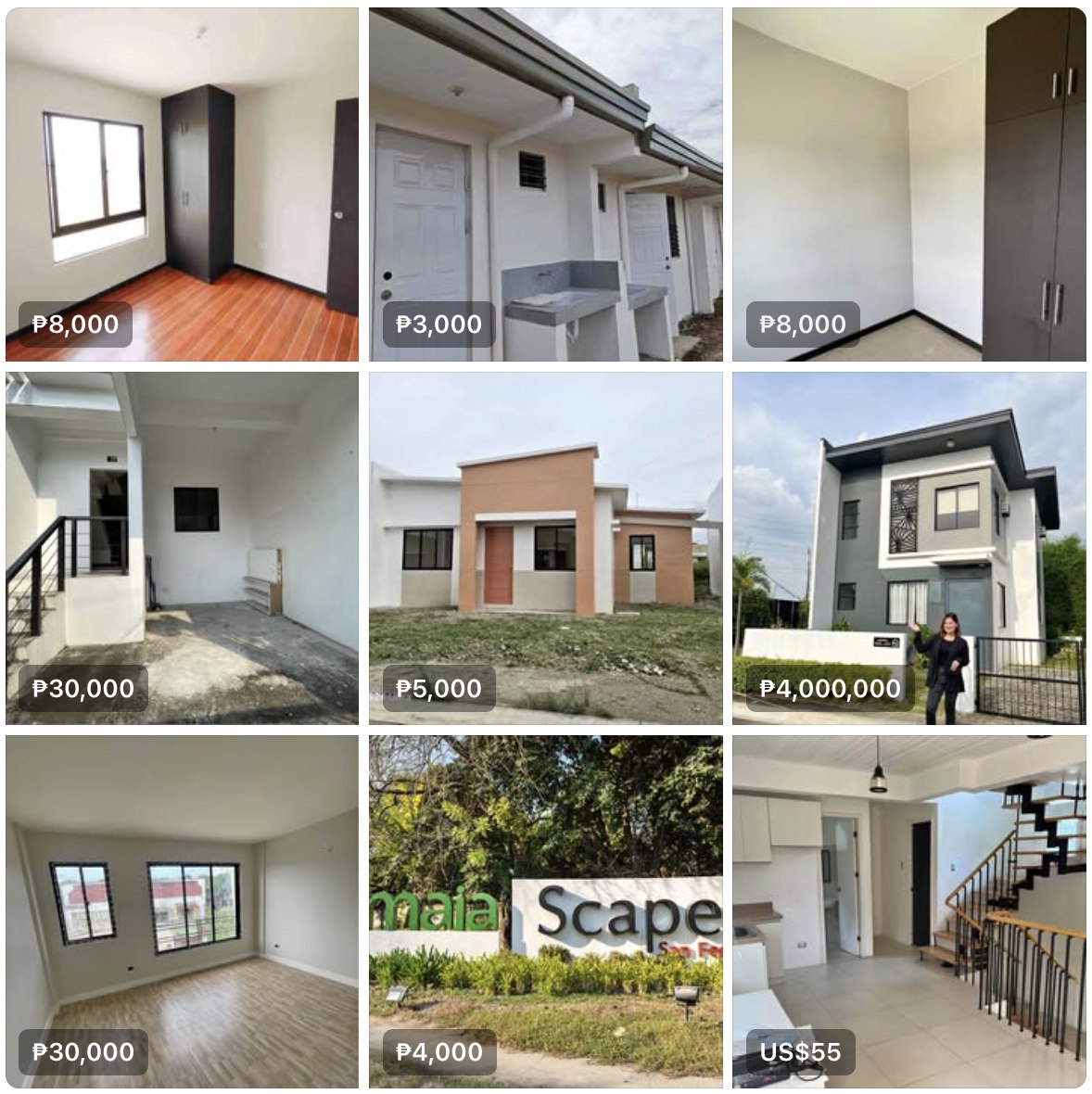Are you planning to establish a small business soon, particularly an online store? If so, one of the initial tasks you should prioritize is obtaining a business permit.
Before commencing operations for your small business, acquiring this essential document is crucial, serving as evidence that you have the legal authority to operate in a specific city or town, even for online stores.
Studies indicate that 94% of customers are more inclined to engage with and support a legitimate business. This holds significant importance, especially for Philippine Micro, Small, and Medium Enterprises (MSMEs).
Navigating the process of obtaining a business permit can be overwhelming, especially for those unfamiliar with the requirements. In this blog post, we aim to guide small business owners on obtaining a business permit in the Philippines, providing a comprehensive list of required documents and where to submit them.

What is a Business Permit?
Every registered business, including online shops, is obligated to secure a business permit. This certificate serves as proof that your business is legitimate and possesses the necessary license to operate in the registered city or town.
Business permits are issued to ensure businesses fulfill their tax obligations and comply with local regulations concerning safety, health, and sanitation. Additionally, this document entitles business owners to any support provided by their local government.
It is crucial to note that operating a small business without an updated business permit may result in potential sanctions, including fines and imprisonment.

List of Requirements for Obtaining a Business Permit (Mayor’s Permit)
For those currently running or planning to open a small business, here is a list of essential requirements to obtain a Business Permit in your city or town:
- Barangay Business Clearance
- Community Tax Certificate
- Authorization Letter from the Owner with ID
- Sketch of the Business Location
- Contract of Lease/Certificate of Title (if applicable)
- Occupancy Permit
- Locational/Zoning Clearance
- Public Liability Insurance
- Sanitary Permit
- Fire Inspection Permit
- Certificate of Business Name Registration (for Sole Proprietorship)
- Articles of Partnership/Incorporation (for Partnerships)
- Certificate of Registration (for Cooperatives)
While these are the most crucial and common requirements, it’s essential to be aware that some local governments may have additional specifications.

Steps on How to Obtain a Business Permit
The process of acquiring a business permit in the Philippines typically involves physical appearances at various government offices. Some Local Government Units have adopted a hybrid system involving online booking for physical appointments. Here’s a simplified version of the process:
- Obtain the list of requirements.
- Visit the Business Permit and Licensing Office in the city or town hall where your business is located.
- Complete the application form.
- Submit the application form with the initial requirements.
- An assessor will evaluate your application for taxes and fees.
- Pay the necessary taxes and fees to the city treasurer or cashier.
- Submit any remaining requirements, if applicable.
- Claim your business or mayor’s permit.
Congratulations, you can now legally operate your small business!
Guide on Business Permit Renewal
Business permit renewal is an annual requirement for small business owners. It involves a thorough process and document preparation, and it’s advisable to start filing before the deadline, typically on January 20 of each year.
Requirements for business permit renewal may vary by city or town. However, common documents include the previous year’s Business Permit, Barangay Clearance Certificate, Community Tax Certificate, Sanitary Permit, and Fire Safety Inspection Certificate. Additional and updated documents may include:
- Audited Financial Statements from the previous year
- Confirmation of the number of employees during renewal
- Quarterly VAT returns from the previous year
- Letter of Explanation (if gross sales are lower than the previous year)
Fees for the renewal process depend on your business location, so it’s advisable to check with your Local Government Unit for applicable charges. Keep in mind that there’s a 25% surcharge on renewal fees and an additional 2% monthly if renewal is delayed.
As queues and waiting lines in City or Municipal Halls grow closer to the deadline, early preparation is essential to avoid last-minute processing.
Business Permits FAQs
Does a small business need a business permit? Yes, all types of businesses are required to secure a business permit or mayor’s permit from the city or town where they operate.
How much does a business permit cost in the Philippines? Fees vary by location, but most Local Government Units charge approximately P500-P600 for their processing fee.
Is a Mayor’s Permit the same as a Business Permit? Yes, the Business Permit is often referred to as the Mayor’s Permit in the Philippines as it is issued by the local government overseeing the place of business.
Final Thoughts
The process of obtaining a business permit doesn’t have to be overwhelming, especially for solo entrepreneurs. With proper preparation and knowledge of the requirements, the process can be streamlined and expedited.
We hope this article has provided a clearer understanding of how to obtain a business permit in the Philippines. If you have any questions about permits or other aspects of starting an online business, feel free to leave a comment below, and we’ll do our best to assist you.





